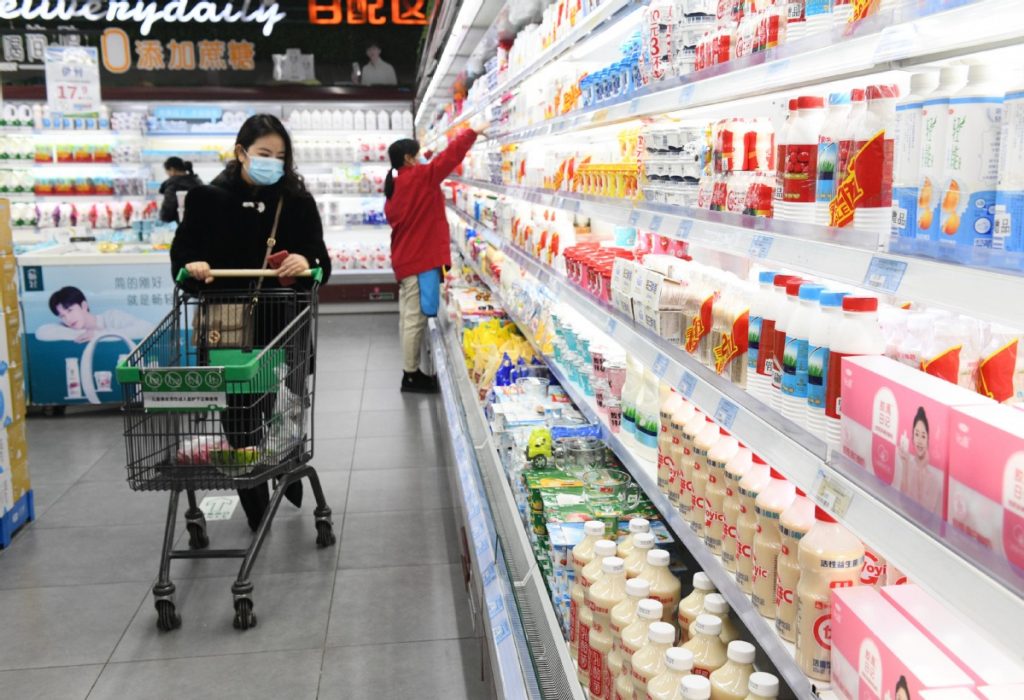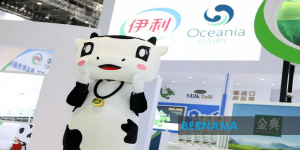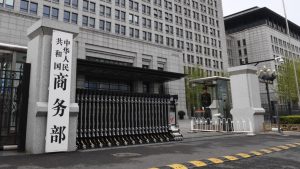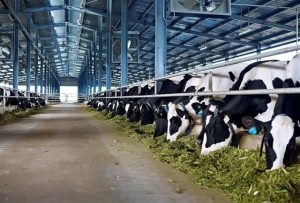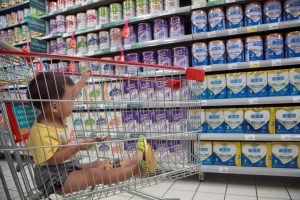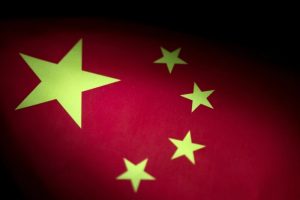
Shi Yudong, a deputy to the NPC and director of the research and development department of Mengniu Dairy, said the prosperity of the country’s dairy industry lies in the development of production chains, especially in farms and industrial clusters.
Shi said Mengniu Dairy owns more than 100 farms and 250,000 cows in more than 10 dairy industrial parks nationwide, providing more than 700,000 jobs.
Setting up reserves for dairy raw materials to safeguard market supply and price stability is of significance to China’s dairy industry, he said.
With such reserves collecting key dairy raw materials, Shi suggested a national center for dairy raw materials trade to be built to further safeguard the steady and orderly development of the country’s dairy industry.
That China still relies heavily on imports of high-quality fodder grass and seeds, which has been a challenge for the domestic industry, prompted enterprises like Mengniu Dairy to bring suggestions on enhancing efforts to plant good grass to improve the self-sufficient supply of fodder grass and raising high-quality cows through updating breeding.
Wang Caiyun, also an NPC deputy and senior R&D manager with dairy giant Yili Industrial Group Co Ltd, said technology breakthroughs and innovations are key in boosting the vitality of the domestic dairy industry, which is expected to serve as a pivotal role in facilitating rural vitalization.
For instance, Wang and her team developed a concentrated lactalbumin, or whey protein, production technology — a crucial element for infant and baby formula products — breaking the technology monopoly of foreign companies.
“At present, many obstacles still exist in dairy production chains,” Wang said.
“We will further strengthen the application of research in production, particularly in new dairy processing technology and the processing of high value-added dairy raw materials, so as to transform the production value into actual profits for farmers and herdsmen to achieve rural vitalization.”
Since 2014, Yili has spent more than 110 billion yuan ($15.93 billion) on financial support for their farming partners, with technologies to raise daily dairy production volume and lower farming costs, Yili said.
Dairy players have also invested in nutrition and health products and marketing efforts to further boost dairy consumption, including developing organic, low-fat and low-sugar dairy products.
